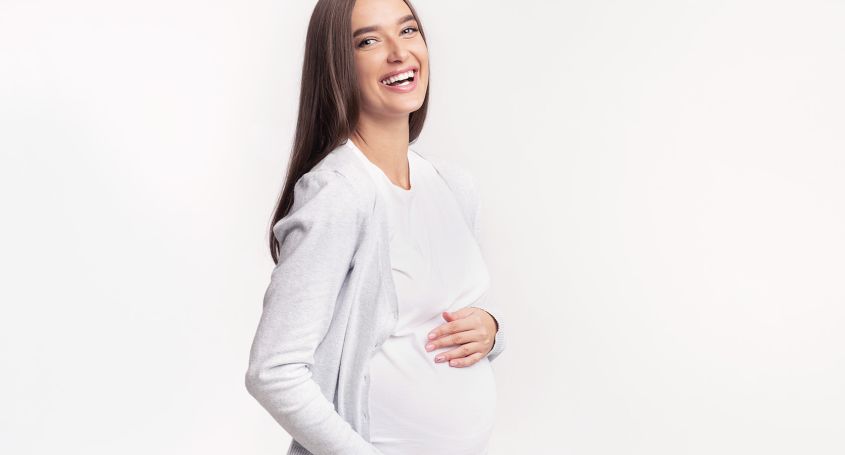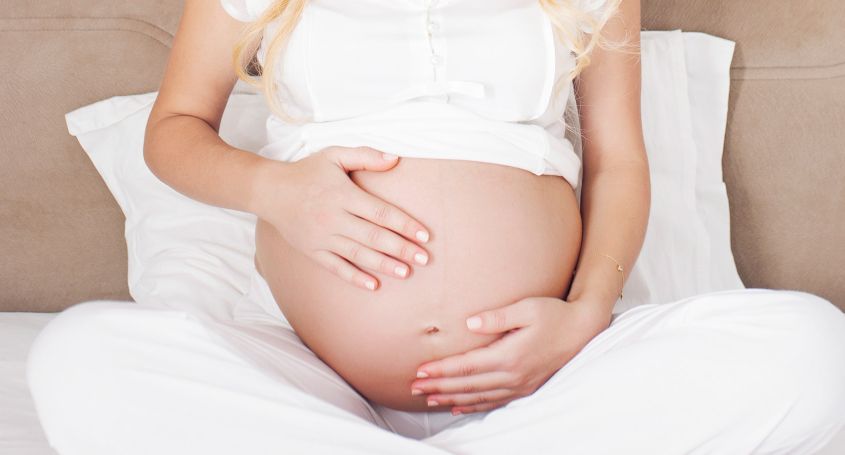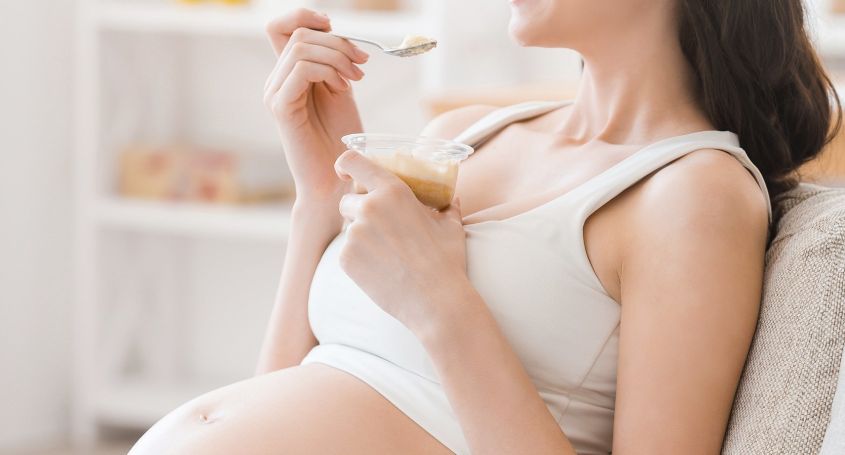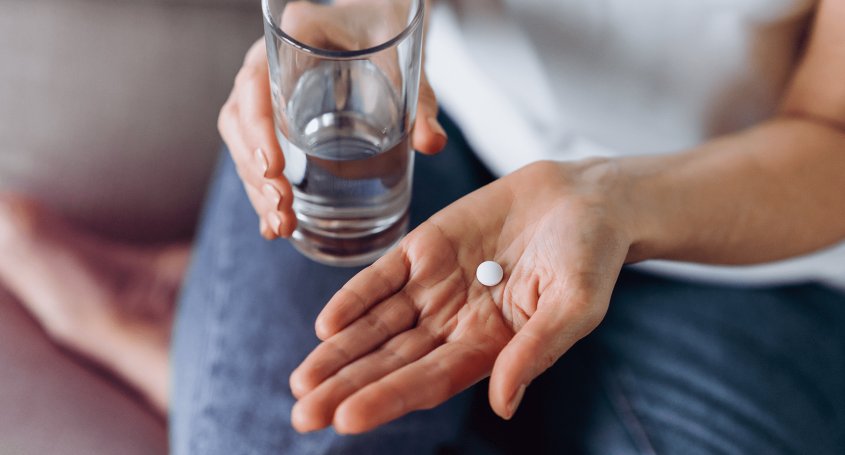Have you ever heard of endometrial or uterine polyps? Do you know the symptoms and signs that characterise them? Is there a treatment? We will clarify all these frequent asked questions below:
What are endometrial polyps?
Uterine or endometrial polyps are excessive growths of the inner lining of the uterus (endometrium). The cause of these polyps is unknown and most of them are non-cancerous.
Symptoms and signs of endometrial polyps
Some of the symptoms and signs that appear may include: heavy menstruation, bleeding or spotting between periods, abdominal pain, vaginal bleeding after menopause and, in some cases, infertility.
How is it diagnosed?
Uterine polyps are usually diagnosed during routine gynaecological examinations by means of transvaginal ultrasound, hysterosalpingography, hysterosonography or hysteroscopy.
What is the difference between polyps and fibroids?
Both are problems that affect the uterus, but the main difference is the tissue that forms them. Fibroids are made up of uterine muscle, while polyps are made up of endometrial tissue.
Moreover, unlike fibroids, polyps cannot be perceived, as they are quite small.
Can uterine polyps affect fertility?
Yes, some endometrial polyps, depending on their size and location, can cause implantation failure and miscarriage. However, most polyps are small and all polyps smaller than 1 cm do not cause infertility.
What is the treatment of endometrial polyps?
Uterine polyps are treated by hysteroscopic resection, a technique that allows the polyps to be removed.
Moreover, it is generally recommended to treat polyps before any assisted reproduction treatment, to leave the uterine cavity perfect before pregnancy.
And you, did you know about this information?















